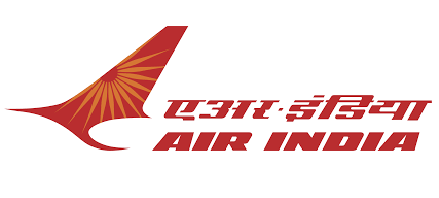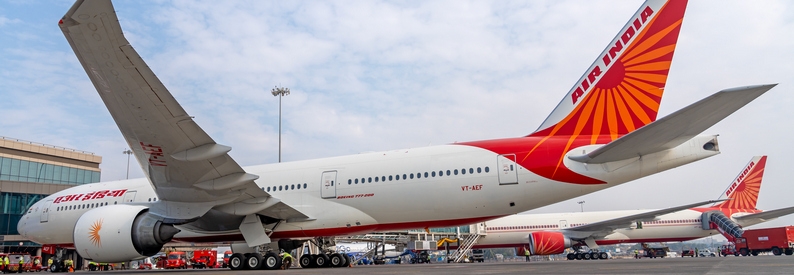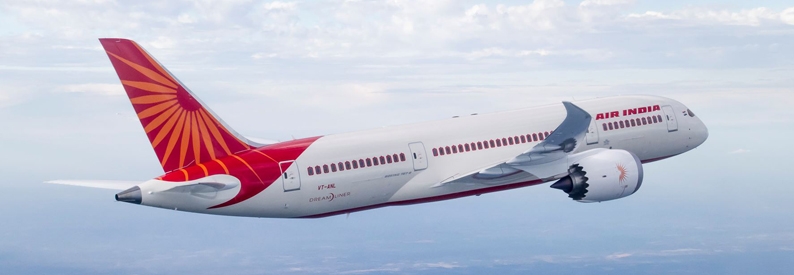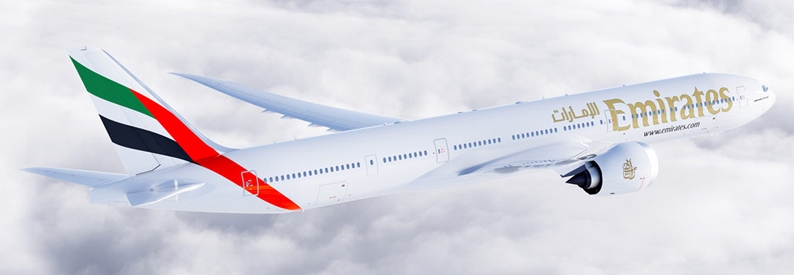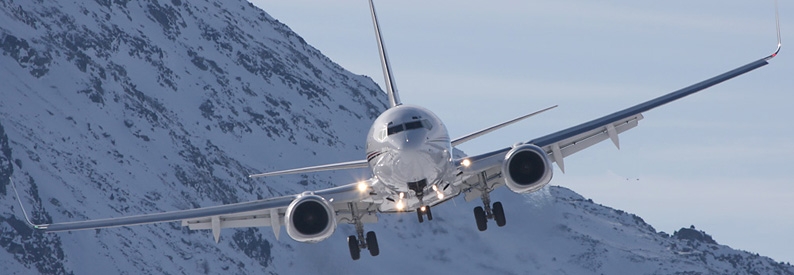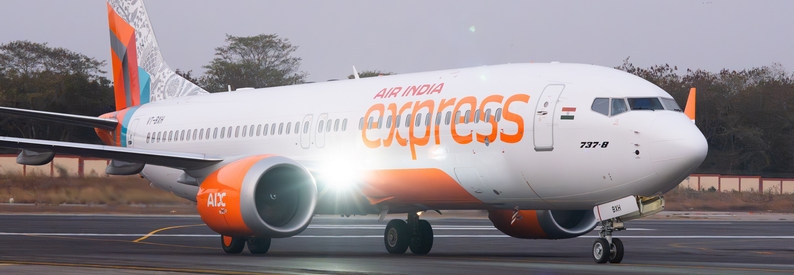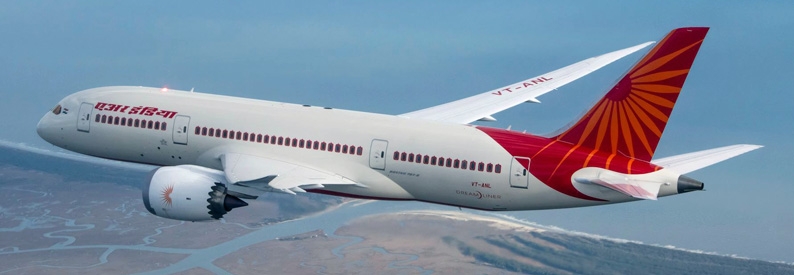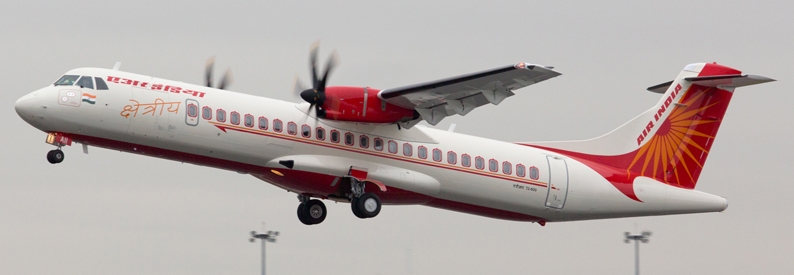The US Department of Transportation (DOT) has taken aim at the Indian government over its perceived failure to adhere to the terms of the US-India Open Skies air services agreement (ASA) that entered into effect in June 2005.
In a pair of orders issued on Friday, April 19, the DOT accused the Indian government of failing to allow US carriers to carry out their own ground handling at Indian airports as permitted under the terms of the bilateral agreement. At present, FedEx Express (FX, Memphis International) is the only US carrier looking to carry out self-handling activities in India, and is, therefore, the only one directly affected by the Indian government's restrictions.
The Department said that an Indian Bureau of Civil Aviation Security (BCAS) decision taken in August 2016 to prohibit non-Indian carriers from conducting their own security-related ground handling functions had also affected other areas of airline management that it claimed were unrelated to ground handling.
Given that in its view, these restrictions violate US carriers' rights as laid out in their Open Skies treaty, the DOT said it had repeatedly sought to engage the Indian government over the matter but to no avail.
"Over the past two and a half years, the US Government (USG) has repeatedly registered its objections with the Ministry of Civil Aviation (MOCA), BCAS, and other parts of the Government of India (GoI), including the Indian National Security Advisor, in writing and in person. The GoI has thus far failed to lift its self-handling restrictions as they apply to US carriers. In May 2018, the USG initiated formal consultations with the GoI under Article 14 of the Agreement. In July 2018, a U.S. delegation comprised of representatives of the US Departments of Commerce, State, and Transportation held formal consultations with the GoI, whose delegation was led by MOCA. Consultations were held again in December 2018; however, the concerns of the US Government were not resolved. The US Government then sought further formal consultations, but by letter dated March 14, 2019, MoCA rejected this request," the DOT said.
The Department added that during a March meeting between USG and MOCA officials in Washington D.C., it became apparent that although internal discussions remain ongoing within India’s government, India had made no significant progress in resolving the ground-handling problem.
As such, to force the GOI to properly address the issue, the DOT has now imposed several bureaucratic measures on Air India namely that it:
- File with the DOT's Office of International Aviation, by July 1, 2019, all of its existing schedules for combination services, including codesharing, common branding, and extra sections, between any point or points in the United States and any point or points not in the United States. The DOT said the filings will then allow it to determine whether the operation of the services contained in those schedules, or any part thereof, “may be contrary to applicable law or adversely affect the public interest”;
- Report all of its arrangements for ground handling at each US airport that it serves (Chicago O'Hare, New York JFK, New York Newark, San Francisco, and Washington Dulles), including relevant contracts, functions covered, and any other similar details.
The Department did note that while Air India does not, at present, exercise its right to self-handle at US airports, it deems it relevant to understand what arrangements for ground handling it has at US airports.
Jet Airways is also specified in the orders but this point is moot given the airline's suspension of operations.
In addition, the DOT has tentatively decided to amend the authority of any Indian foreign air carrier serving the United States with its own aircraft to suspend its right to self-handle in the United States. The same condition will apply to any other Indian carrier looking to serve the United States in future.
The DOT's action comes after the Trump administration, in March, said it intended to remove India from the US's Generalized System of Preferences (GSP) program, which allows certain goods to be imported into the US duty-free.
US Trade Representative (USTR) Robert Lighthizer said in a statement that India had implemented "a wide array of trade barriers" that had had serious negative effects on US commerce. He added that despite intensive engagement, India had failed to take the necessary steps to meet the GSP criterion.
